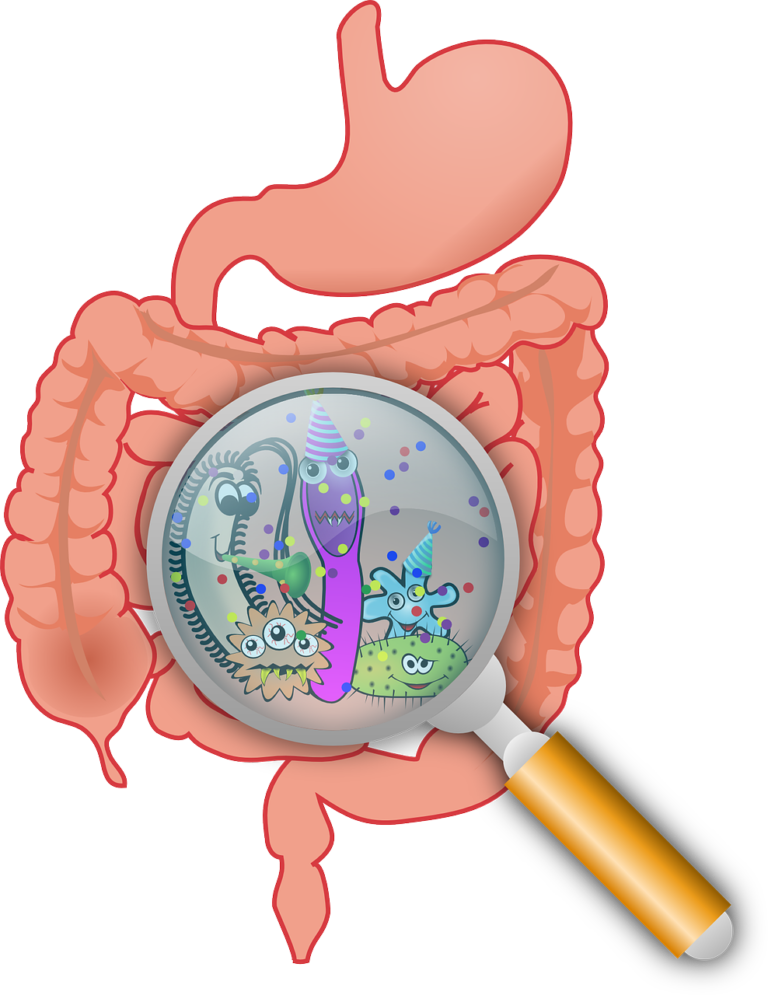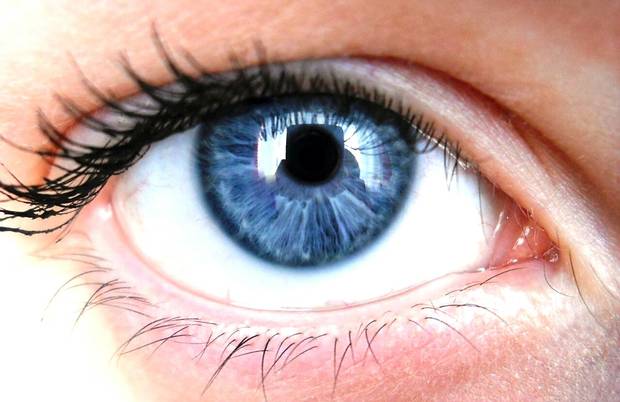FOOD ADDICTION CAUSES YOU TO REGAIN WEIGHT AFTER DIETING
BY: FITZ-GEORGE RATTRAY
Addiction was once seen as a disease restricted to the weak and underdogs in society. Sadly this perception persists and continues to be fuel for denial and a type of social occlusion blocking the realizations, dialog, support and solutions necessary for dealing with many of the unnecessary factors leading to endless suffering, and allowing those who\ would consciously capitalize on the addictions to thrive.
Understand that you do not have to be a deplorable on the fringe of society to be addicted. Common every day, functioning and even successful people suffer from addiction.
Food addiction has been a part of society for centuries leading back to the ancient Greek. More recently we see the evidence of this in George Cheyne’s milk and vegetable diet and his 1742 publication, “An Essay of Health and Long Life and William Banting’s 1863 pamphlet,
Letter on Corpulence”, and his, “Banting low carb, low calorie diet”. Food
addiction is in no way new and it has always been clear. Even the causes of
food addiction is the same as any other:
- Biological
- Psychological
- Environmental
and the signs of addiction have always been there:
- Stop taking care of yourself
- Difficulty in stopping even
when the dangers are identified - Regularly thinking about the
substance - Difficulty maintaining limits
- Functionally accepting the life
changes it brings - Disrupted sleep patterns and
more.
Food addiction vs narcotics
Sadly, refined food based companies and industries have successfully deflected the argument away from their products and profits for centuries. Sugar blaming fats and fats blaming sugar and both implying that “laziness” is at fault, leaving us confused, doubtful and diseased. Food addictions are very likely the cause of many fatal diseases than most common narcotics.
The dopamine, habituation, stress driven motivation
to comfort eating easily falls with the parameters of addictive behavior. Studies have shown, the high rate of people who after successfully losing weight, regain most or more of the weight lost from months to five years after. This weight rebounding occurs regardless of the type of diet, especially among gastric modification surgery recipients. There seems to be little escape from this, or is there?
If this is your first time endeavoring to lose weight, or you have lost and regained before, and so oh so many of us have, understanding the reinforcing factors of this rebounding and addressing them is of primary importance.
Changing your eating but not your mindset
Most people still don’t understand the level of food habituation or/and addiction they experience daily. It becomes their driving force, something to look forward to, their de-stressor and comfort. So, regardless of their
understanding of their physical state and risks even in trying to make a
healthier change they persist in saving compartment for the dangerous habits
by:
- Grabbing at quick loss fads and the diet of the day, only losing weight for the sake of losing weight with all intention to “balance” the addictions once they have reached their goal. You will often hear these individuals anxiously asking, “When can I eat ‘normally’ again?.” But remember, flour, sugar, processed foods in large quantities may be common but they are in no way normal.
- Choosing an unsustainable diet, because deep down they know that the dietary changes are temporary they are willing to try diets which are against natural balanced nutrition. Of course, short term goals yield short term results.
- Depending on diets which conveniently provide prepared foods, the convenience and ease is seductive, however we cannot possibly expect to purchase the same foods from the same source wherever you go in the world and for the rest of your life, eventually you will begin to desire variety. The preferred solution is to change your relationship with foods, allowing you to shop, prepare and eat any cuisine anywhere you are at any stage of your life and still maintain your healthy lifestyle.
- Adopting place-holders as a tool to tolerate dietary changes by choosing the low sugar, low fat, dieter’s version of their addicted foods of choice will not work. Diet soda is still soda (plus it has its own dangers), sugar free cookies are still cookies, eating these regularly simply hold the place for the regular versions of the addiction of choice.
- Only depending on will-power and self-discipline. They are essential and virtuous and should be strengthened, but they are connected to emotions and are affected by distractions and fatigue, as such they are not reliable. Accepting change is practiced and learned, do not ride yourself over your failures, failure is natural and learning from them is essential to change.
Using diet to survive diseases like cancer and type 2 diabetes
I have seen people use dietary adjustment to survive cancer, reverse type 2 diabetes, high cholesterol, aches and pains and more (always consult your physician), and still, some, and their and family members question how sustainable a natural diet of clean proteins, vegetables, fruits, nuts and seeds, and gut friendly non inflammatory foods is. They constantly question how long someone can go without having “normal” amounts of flour and sugar in their lives. This is the dreadful strength of habituation and addiction.
But you have a solution
Change your mindset to change. Learn the enjoyment of healthy foods. Make it your life not just a goal. Get support and answerability, and embrace a healthy way of living, release the thought of dieting. Instead, building your healthy mindset, simply learn to separate the world into toxic, unnatural, processed, addictive empty foods and healthy pro-natural nutritious foods and learn to crave a mostly natural diet.
Make your lifestyle a belief system
See your lifestyle as a vegan sees theirs, it’s not a struggle, it’s a belief system, a lifestyle. Increase your activity, simply, live well. As your lifestyle changes, so will your body, your mental states and your chances for a healthy future. Never see what makes you better, as a struggle.





